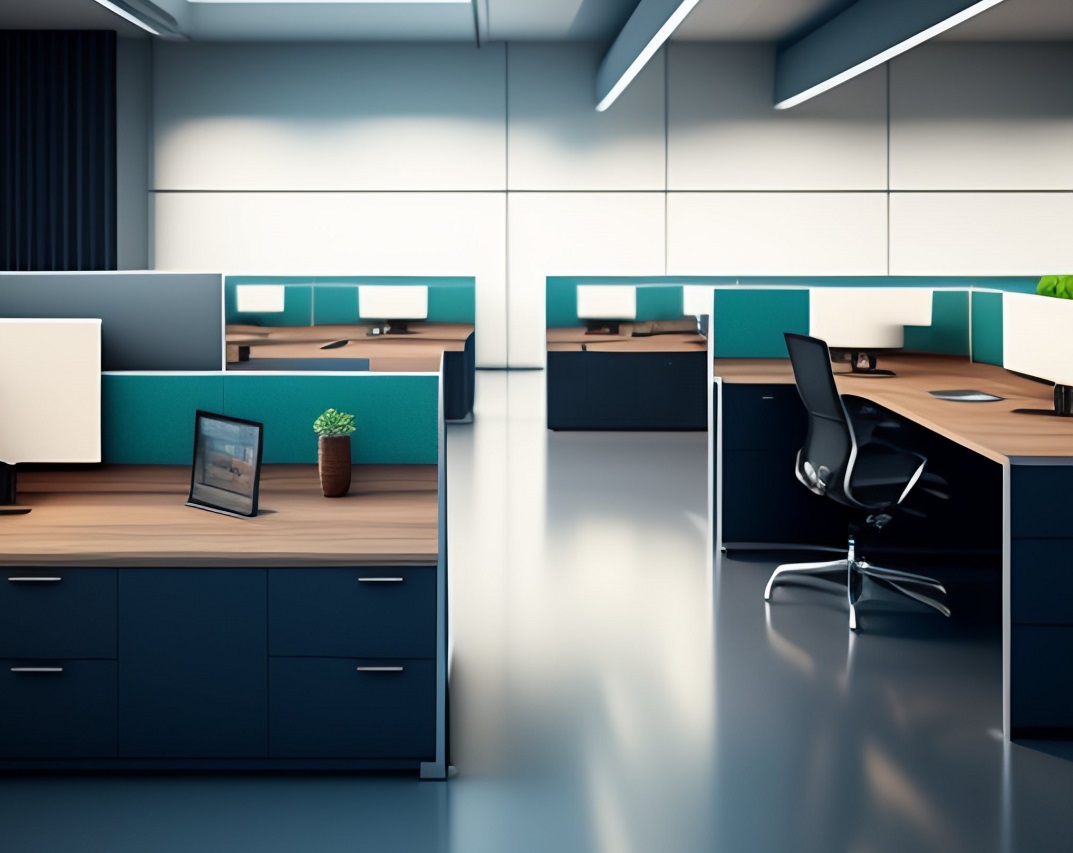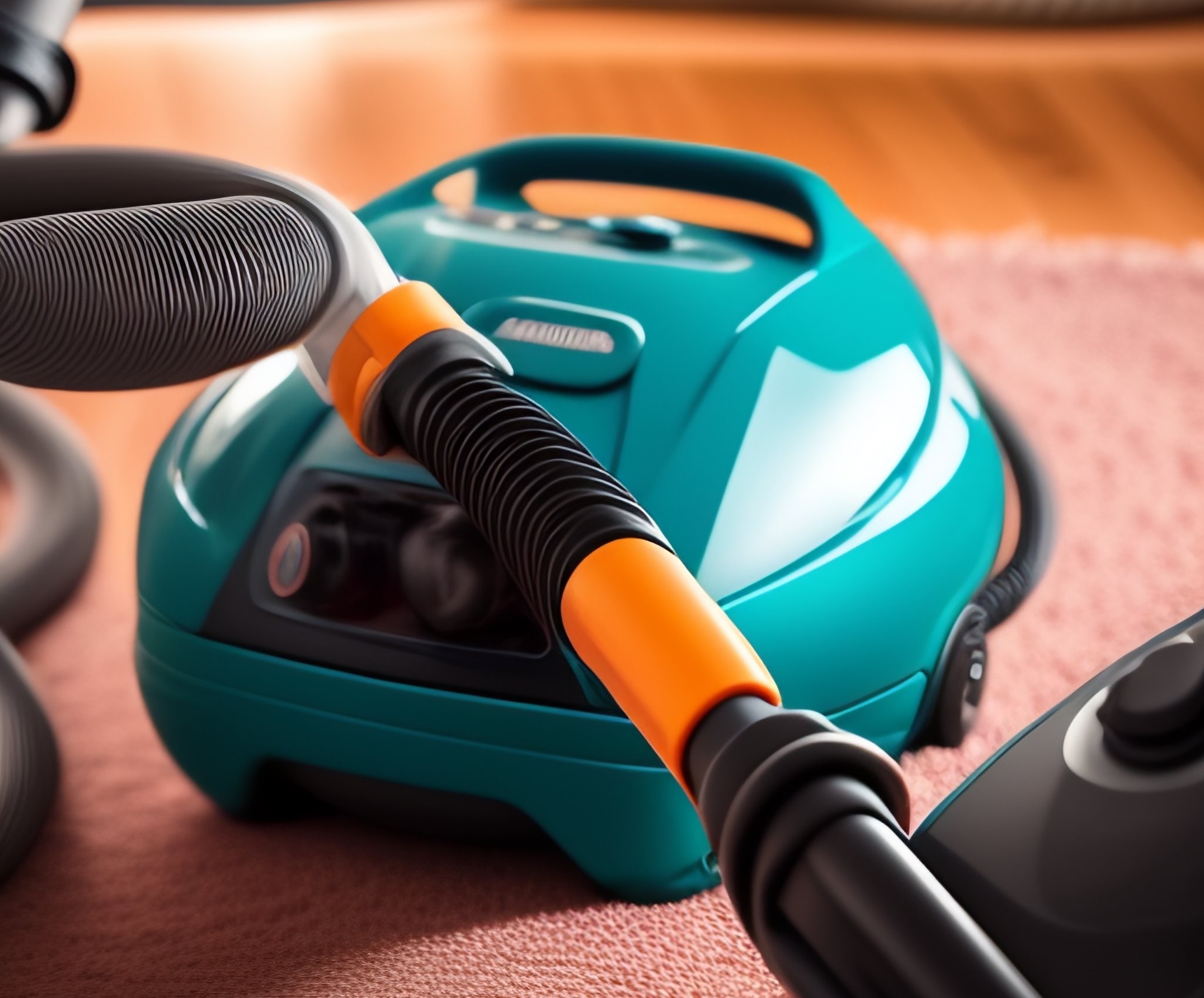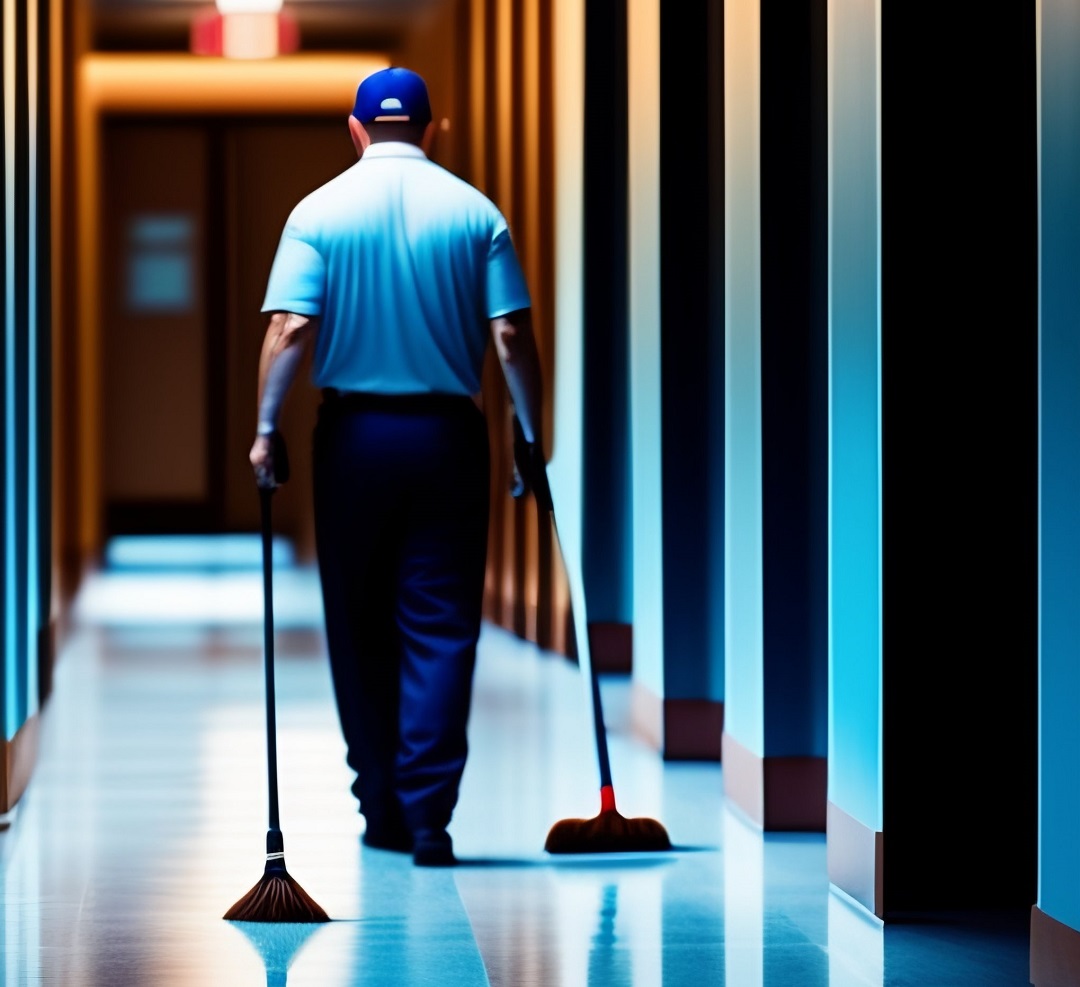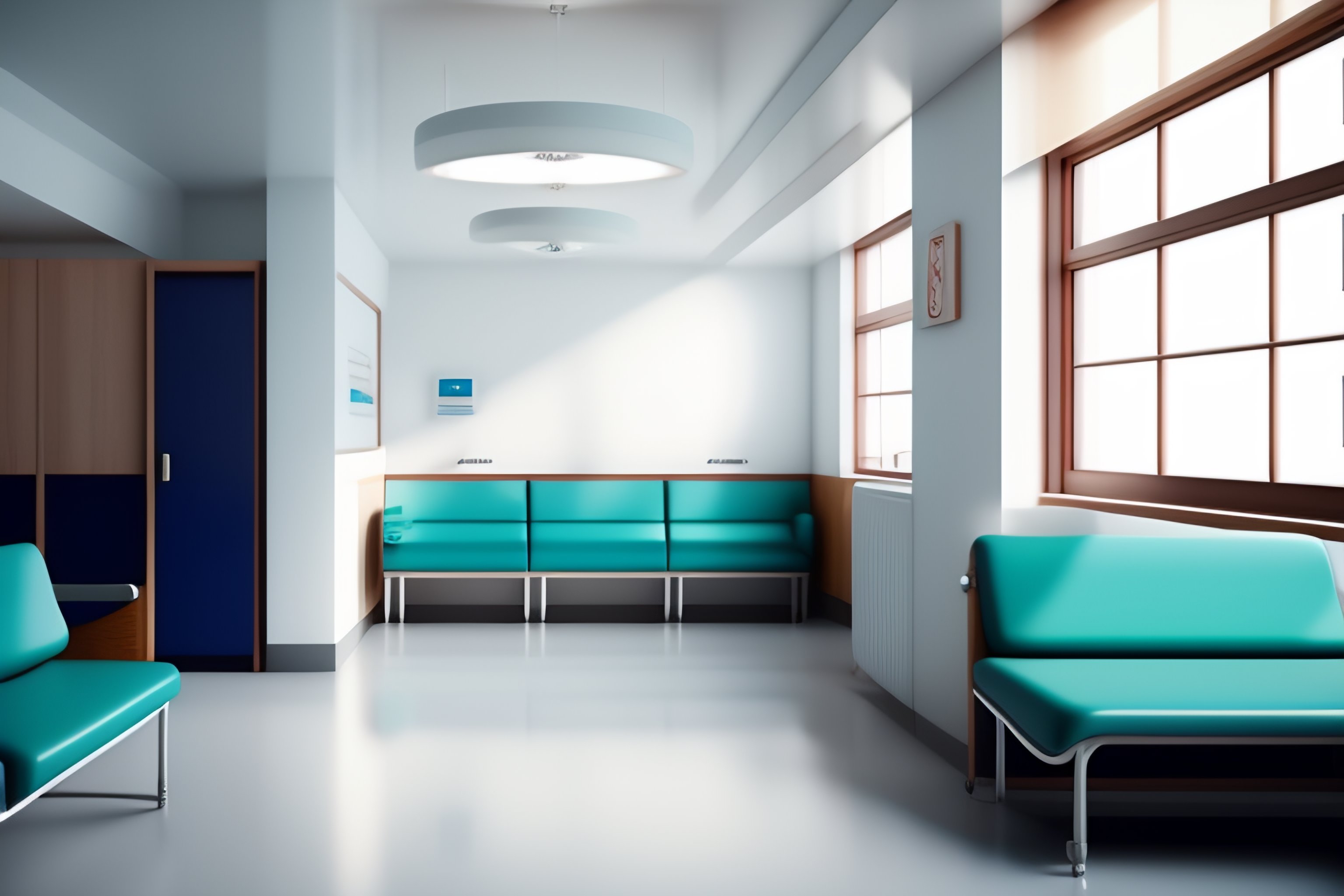The Benefits of Regular Office Cleaning
Maintaining a workplace not promotes good hygiene but also enhances productivity and boosts employee morale. Regular cleaning helps eliminate bacteria, allergens and dust particles that can cause illness or worsen allergies. Employees feel more comfortable. Motivated to work in a rejuvenated environment. Furthermore, a tidy workplace showcases professionalism, attention to detail. Leaves an impression on clients and visitors.
Factors Influencing Cleaning Frequency
The frequency at which a workplace needs to be cleaned depends on factors. When establishing a cleaning schedule consider the following aspects:
Office Size and Layout
The size and layout of the office significantly impact the cleaning frequency required. Larger offices, with footage may need more frequent cleaning in order to adequately cover all areas.
Like, in any workplace spaces that have levels or intricate designs may require additional attention to ensure cleanliness.
Number of staff members
The amount of cleaning needed in a workplace is closely linked to the number of employees. To accommodate a workforce high traffic areas like break rooms and bathrooms would need to be cleaned frequently. Additionally, offices with shared workstations or open plan layouts would require cleaning to maintain cleanliness and prevent the spread of germs.
Workplace environment
The frequency of cleaning is also influenced by the nature of the workplace. Businesses such as healthcare facilities or food services which have heightened concerns about contamination may require cleaning procedures. Offices that deal with chemicals or hazardous materials might necessitate cleaning techniques. Determining the cleaning frequency entails having an understanding of your business spaces unique requirements.
Ongoing cleaning
Tasks should be performed on a basis to keep the workplace environment tidy.
Vacuuming and dusting
Regularly cleaning surfaces such, as desks, shelves and equipment helps remove dust and allergens. Vacuuming carpets and rugs not improves air quality. Also prevents the accumulation of allergens.
Keeping Trash Cans Clean
To prevent any odors and maintain an environment it's important to empty trash bins, on a daily basis.
Cleaning Office Buildings
Ensuring an organized workspace is essential for creating a productive work atmosphere. A neat workplace not promotes employee wellbeing. Also leaves a positive impression on clients and visitors. Here are some helpful tips for cleaning business buildings:
1. Establish a Cleaning Schedule
Before you begin the cleaning process it's crucial to create a cleaning plan. Take into account the size and layout of the building identifying any areas that require attention. Divide the building into zones. Allocate time and resources for cleaning each area.
2. Gather Cleaning Supplies
Make sure you have all the cleaning tools before you start. Some common supplies include:
- Commercial Cleaning solutions near Melbourne for surfaces such as floors, countertops and glass.
- Microfiber dusters or cloths.
- Broom and dustpan or vacuum cleaner.
- Bucket and mop.
- Garbage bags.
- Gloves and other protective gear.
3. Start by Decluttering
Before you begin the cleaning process declutter your workspace. Ensure that desks are cleaned and organized while shared areas are free, from items.
In this stage we establish the foundation, for the cleaning process ensuring that everything is tidy and organized.
4. Vacuum and Clean Surfaces
Start by dusting all surfaces, including shelves, desks, tables, chairs and electronic devices. For dust removal use a microfiber duster or cloth. Apply a cleaning solution to the surfaces. Pay extra attention to frequently touched areas like doorknobs light switches and shared equipment.
5. Clean Glass and Window Surfaces
Maintain polished windows and glass surfaces by removing smudges and fingerprints. Utilize a lint cloth along with a Commercial Office glass cleaners Melbourne for results. Remember to clean both the inside and outside of the windows for a cleaning.
6. Sweep or Vacuum Floors
Eliminate dirt, dust and debris from carpets and rugs by vacuuming them. Focus on high traffic areas as, underneath furniture. For floors use a mop or broom to collect any loose debris or dust.
7. Scrub Hard Surfaces
After vacuuming or sweeping hard surfaces apply a cleaning solution diluted according to instructions. Mop the floors evenly while paying attention to edges as any spills or stains that require special treatment.
Before allowing people to walk on the floor make sure it is completely dry.
8. Cleaning the bathrooms
To address hygiene concerns, give attention to the restrooms. Use cleaning supplies to disinfect toilets, sinks, mirrors and countertops. Restock paper towels, hand soap and toilet paper. Make sure to clean and empty the trash cans.
9. Cleaning trash bins
Regularly clean and empty the trash cans throughout the building. To disinfect the containers. Prevent odors, use gloves and proper cleaning products. Replace the garbage bags as needed.
10. Focus on kitchen and break areas
Thoroughly clean and sanitize kitchen and break areas. Clean tables, chairs and countertops. Ensure that microwaves, refrigerators coffee machines are all clean, as coffee mugs, plates and other utensils.
11. Pay attention to touched surfaces
Give attention to high touch areas such as elevator buttons, handrails, light switches and shared equipment, throughout the facility. Clean and disinfect these areas to reduce germ transmission.
12. Maintain cleanliness in areas consistently
Keep shared spaces clean and inviting by sweeping or vacuuming entrances/exits doors corridors workstations.
Using equipment can greatly enhance the effectiveness and efficiency of office cleaning. The advancements, in tools and machinery have revolutionized the way we clean offices making it more efficient than before. These innovative devices not deliver dependable After builders cleaning Melbourne results but also help save valuable time. Let’s explore some of the cutting-edge equipment options, for office cleaning.






